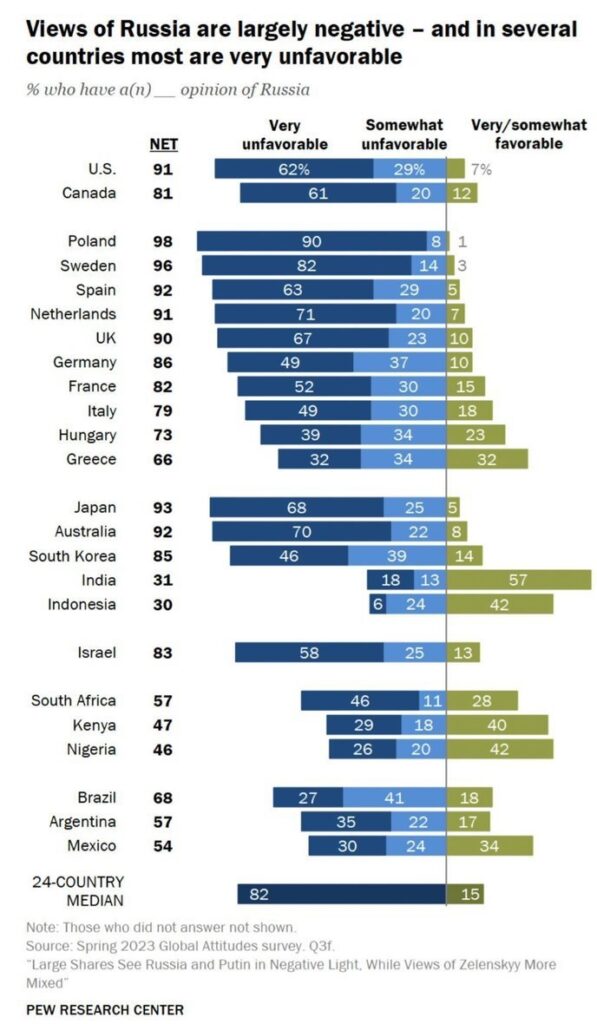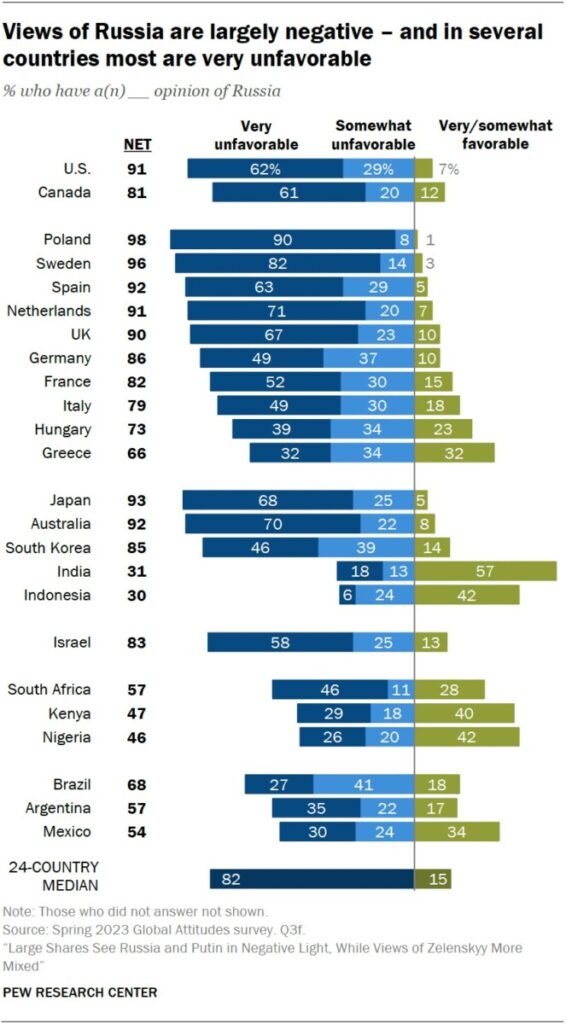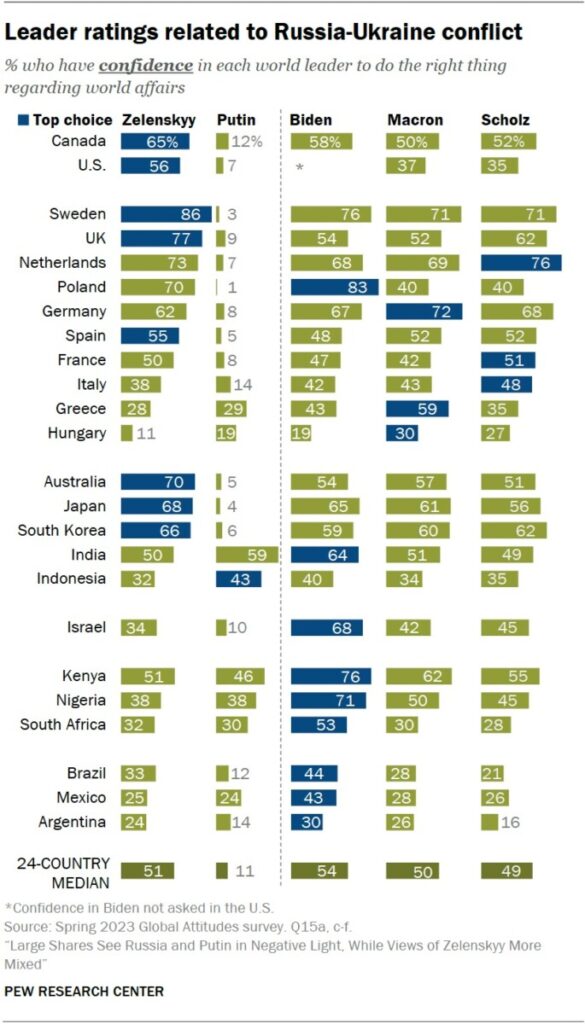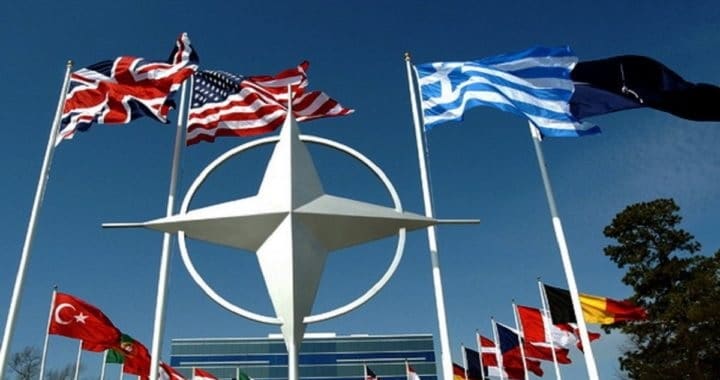Newly published research has found that Greece, out of all polled countries, had the friendliest population to Russia and the most critical of NATO.
As a chart based on data from Pew Research Center shows, respondents from only seven out of 11 surveyed NATO member states have a favourable opinion of the alliance, and Greece is not one of them.
Ninety-three per cent of respondents in Poland claimed they view NATO in a favourable light. Western powerhouses, the United Kingdom, Germany, and the United States, also see NATO as a net positive.
Respondents in France, Hungary, and Spain are more concerned about the military pact than most other Europeans. However, a majority of Greek respondents have a somewhat or very unfavourable opinion of the security alliance, the only polled country to have a majority with this view.
In Sweden, the country next in line for NATO membership, 78 per cent of survey participants saw NATO as favourable.

Founded in 1949 by Belgium, Canada, Denmark, France, Iceland, Italy, Luxembourg, the Netherlands, Norway, Portugal, the United Kingdom and the United States as a counterpart to the USSR, the alliance’s eastward expansion beginning in 1999 with the accession of the former Warsaw Pact Countries Czechia, Hungary and Poland has been controversially discussed.
While some see it as a necessary bulwark against Russia and China, others view it as encroaching on the sovereignty of Russia.
At the same time, Greeks have the least negative view of Russia out of all polled EU and NATO countries - which still correspondents to 66% with an unfavourable view.

When comparing world leaders associated with the Russia-Ukraine conflict, it is clear there is more confidence in the Ukrainian, American, French and German leaders than the Russian one.
In fact, in 17 of the 24 countries surveyed, Ukrainian President Volodymyr Zelenskyy or US President Joe Biden garner the highest confidence ratings across the five leaders tested. These include French President Macron, German Chancellor Scholz and Russian President Putin.
Macron gets higher comparative ratings from Germans and Greeks (a consistent pattern over time), while Scholz gets his highest ratings from the Dutch. People in France and Italy also give Scholz relatively high confidence ratings.
Confidence in Macron has fallen 16 percentage points in Canada, from 66% in 2022 to 50% in 2023. Similar double-digit declines also occurred in Sweden, Greece, Hungary, Italy and Spain.
Twenty-right per cent of Greeks had some or a lot of confidence in Zelenskyy to handle world affairs. 29% of Greeks had some or a lot of confidence in Putin to handle world affairs.

READ MORE: Reports of UFOs over Greece were caused by Elon Musk's satellites.

